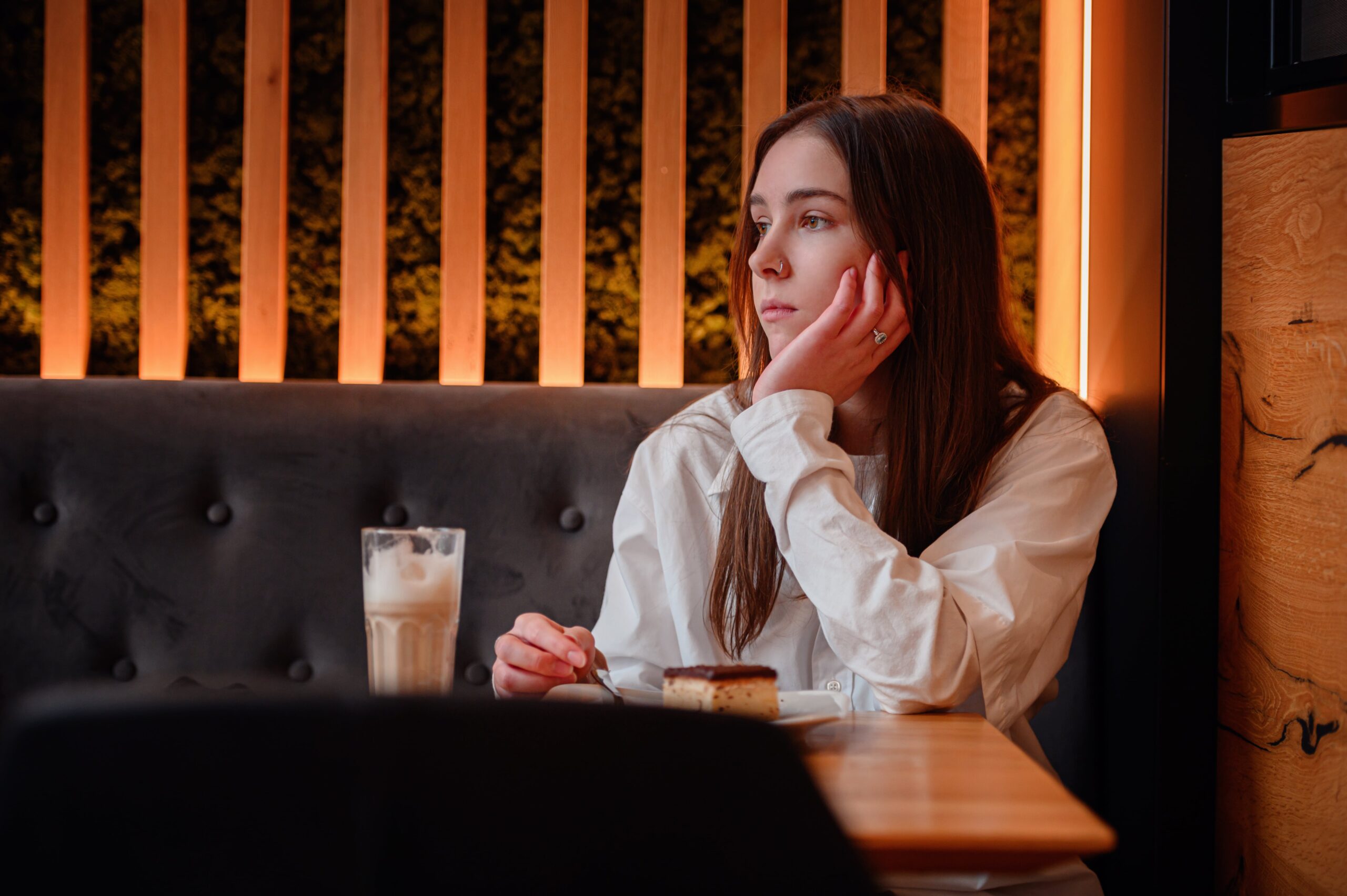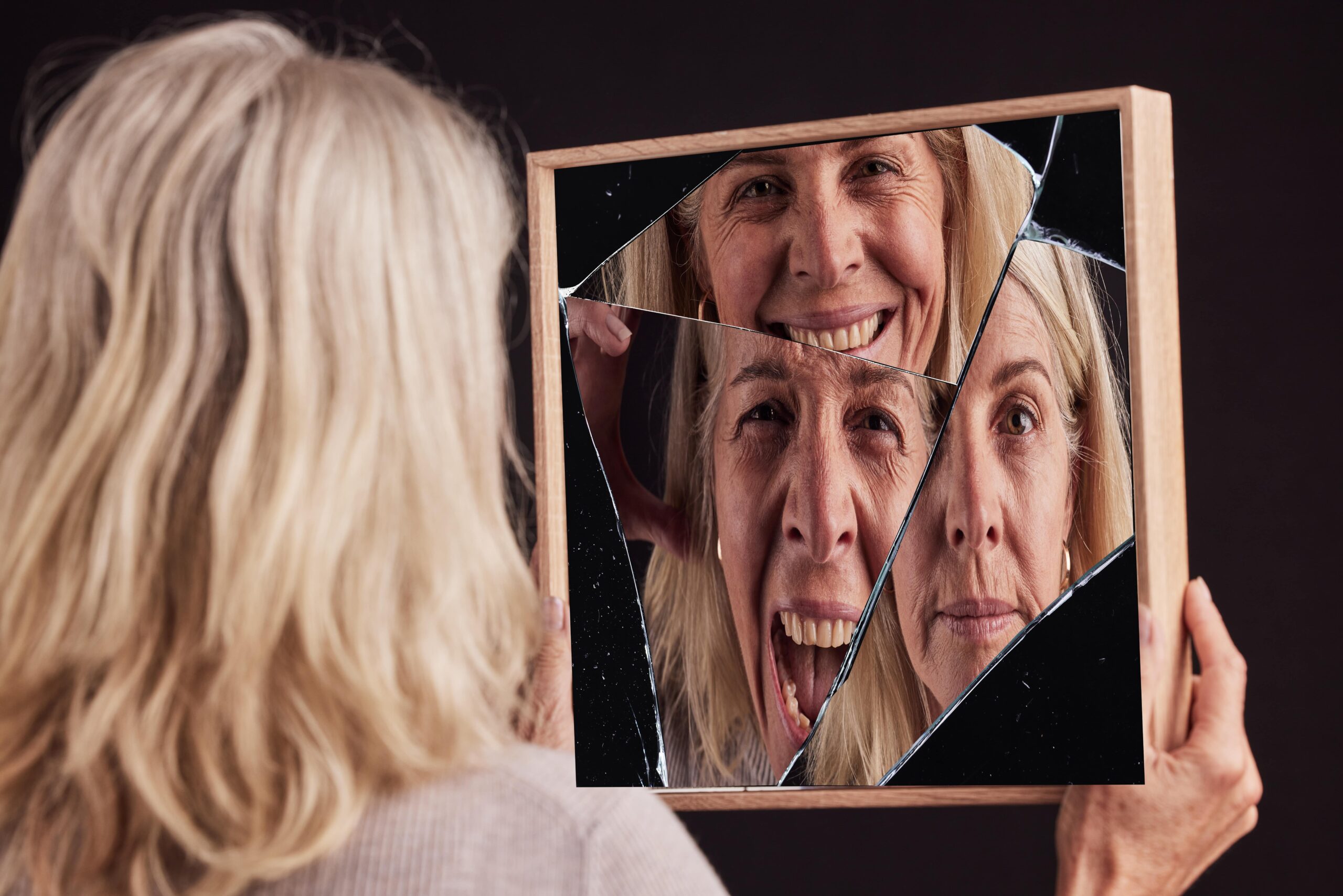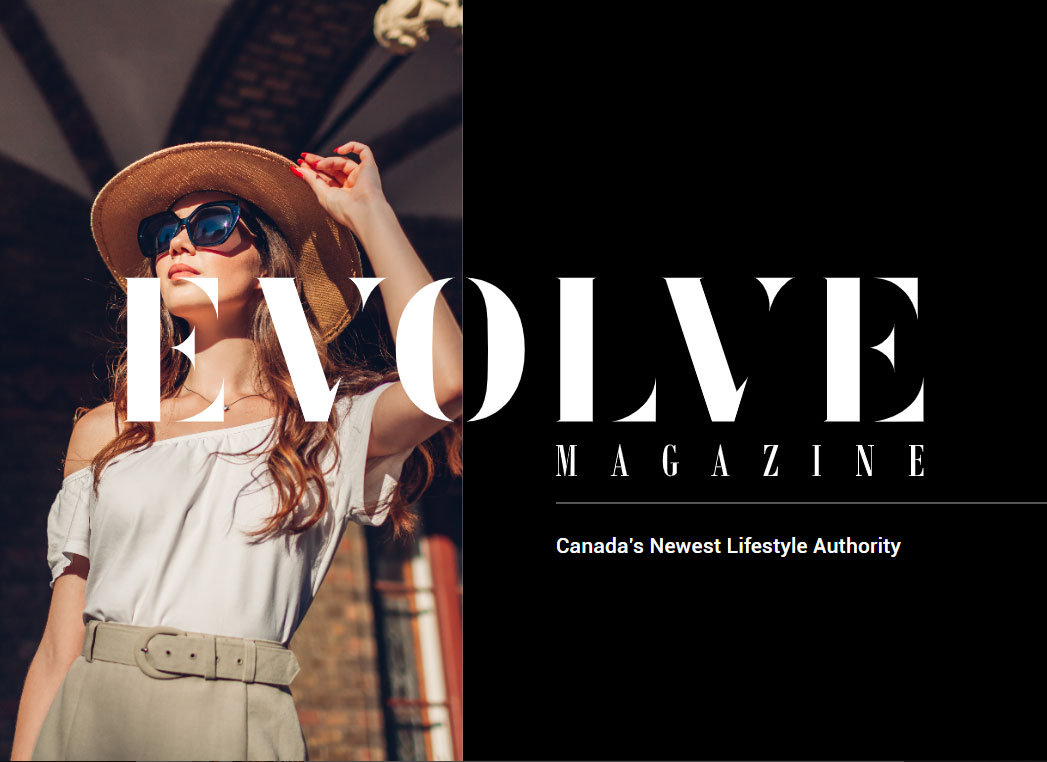Blog
cwd-dev

How Hyper-Individualism Is Quietly Making Us Lonely
By: Chantal Landreville, Certified Love & Relationship Coach and author of Raise Your Love Signal: A Guide to Attracting and Keeping the Love of Your Life
The Loneliness Behind the Longevity Quest
We live in a time when self-care is not just encouraged, it’s exalted. We meditate, juice, journal, and biohack our way toward a longer, healthier life. We chase happiness like a job title, curating routines, wardrobes, and wellness habits designed to protect our peace. But despite all of this, many of us are lonelier than ever.
It’s the paradox of our time: we’ve never been more “in touch” with ourselves, yet connection with others feels increasingly out of reach. In fact, according to a 2023 report by the Canadian Mental Health Association, nearly 1 in 4 Canadians describe themselves as “often or always lonely.” It’s a quiet epidemic — and one that doesn’t discriminate by age.
The pursuit of personal happiness and fulfillment is important even essential. But what happens when it tips into hyper-individualism? When the very tools designed to help us thrive end up isolating us instead? What happens when, in our attempt to build the perfect life, we slowly start shutting everyone else out?
This article is for anyone who’s ever asked, “Why do I feel so alone when I’m doing everything righ


Understanding Hyper-Individualism — And Why It’s Rising
Hyper-individualism is the cultural mindset that prioritizes self over collective. It celebrates autonomy, personal freedom, and self-reliance — often at the expense of community, interdependence, and vulnerability.
In many ways, this is a natural response to a culture that historically prioritized conformity and sacrifice. For generations, people (especially women) were conditioned to lose themselves in service of others. So this swing toward “me first” isn’t surprising — and it’s not inherently wrong.
But we’ve gone from neglecting ourselves to obsessing over the self. Today, we’re sold the idea that happiness is something we can achieve entirely alone — if we just read the right book, attend the right retreat, or practice enough mindfulness.
The result? We’re hyper-aware of our own needs, but increasingly disconnected from everyone else’s. And because of that, our relationships suffer — not just romantic ones, but friendships, family dynamics, even workplace connections.
Real-Life Impact — and What the Numbers Say
Let’s be clear: taking care of yourself is not the problem. But when self-prioritization becomes self-isolation, we begin to pay the price in quiet ways.
In a recent Canadian survey conducted by Angus Reid, over 50% of respondents said they feel lonely often or occasionally, with young adults aged 18–34 reporting the highest rates. And yet, this same demographic is also the most likely to be immersed in personal development, wellness routines, and “glow-up” culture.
In my coaching practice, I see it all the time. High-achieving women who’ve mastered the art of independence — but who quietly ache for meaningful connection. They’re told to “manifest” love, to “raise their vibration,” or to keep “focusing on themselves” until the right person comes along. But love doesn’t work like a reward for self-improvement.
We’ve unintentionally created a culture that makes connection feel like a risk — or worse, a distraction. Add in the pressure to find not just any partner, but one who brings ecstasy, purpose, and transcendence — and the result is paralysis.
We’re not looking for love anymore. We’re auditioning soulmates.

From Isolation to Interdependence — What We Can Do
So how do we course-correct without losing ourselves in the process?
Redefine what connection means. You don’t have to be in a romantic relationship to be deeply connected. Invest in friendships that feel nourishing. Call your sibling more often. Ask deeper questions. Connection is built in small, consistent moments. Invest in quality time, get curious about the other person and create a safe space for them to share more.
Share your imperfections. Hyper-individualism thrives on curated perfection — but vulnerability builds intimacy. Let someone see your messy. Say “I don’t know.” Ask for help. You’ll be surprised how often that invites closeness.
Balance autonomy with interdependence. You can be whole on your own and still need others. That’s not a flaw, it’s human. Stop viewing emotional needs as weakness.
Choose real over perfect. Stop waiting for the relationship, job, or friend that checks every box. Be willing to show up for what’s real, even if it’s imperfect. Especially if it’s imperfect.
Practice relational rituals. Whether it’s Sunday brunch, a monthly check-in call, or evening walks with your partner, create consistent spaces for connection, not just convenience.

It’s Not Just About You — And That’s a Good Thing
Self-love is powerful. But love, in its fullest expression, is a two-way exchange. We’re not meant to do this life alone.
In a world that glorifies hyper-independence, choosing connection is an act of courage. So here’s the invitation: check in not just with yourself, but with your people. Text the friend. Hold space for your partner. Let yourself need, and be needed.
Because at the end of the day, it’s not just about how long we live… but how connected we feel while we’re here.
ABOUT:
Chantal Landreville is an author, Speaker and a Toronto-based certified Love and Relationship Coach with over two decades of experience in personal growth and human connection. In her quest to challenge the “Disney-fied” notions of love we’ve all been fed; Chantal introduces the true reality of what love really means. She is here to disrupt the myths and fairy tales, guiding people toward understanding that real love is about creating genuine, lasting connections built on mutual respect, emotional safety, and shared growth. Her mission is to help individuals discover the path to authentic and lasting love and she is dedicated to empowering her readers with the knowledge and tools needed to create healthy, fulfilling relationships.
Raiseyourlovesignal.com | IG: @chantal.landreville
Share this post
Subscribe to Newsletter

Save 15% off your first purchase at EVOLVE Shop when you subscribe.
– Advertisement –
Latest Stories





